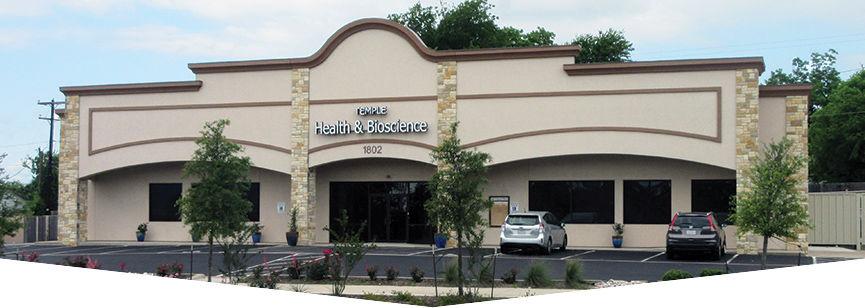BY SHANE MONACO | TELEGRAM STAFF
A new statewide collaboration between the academic, public and private sectors to fight the coronavirus and any future pandemics will see representation from Temple.
The Temple Health & Bioscience District has announced that it will be a part of the Texas Global Health Security Innovation Consortium, which will hold its virtual launch Tuesday morning. The consortium will provide resources for companies and groups currently fighting the pandemic, as well as for those aiming to combat future pandemics.
Tami Annable, executive director of the district, said she was excited the consortium asked her organization to be a part of this project and provide aid for work in this field.
“Just to know that Temple, Texas, is having a hand in making these decisions, and making this grow by adding our contacts to the pool is really exciting,” Annable said. “We are making our mark on COVID-19. And that is big — because we need to.”
The district will be one of more than 60 partners with the consortium, including universities, incubators, investors, chambers of commerce and medical companies.
Industrial Genetics, a member of the Bioscience District, is also one of the consortium members and is currently working on environmental testing.
Annable said the hope for the project is to become prepared for these future pandemics, as well as the coronavirus, by creating this infrastructure now so they don’t hit the nation “in-between the eyes”.
“What we do is listen to a 15 to 20 minute presentation from these companies, and they have an ask,” she said. “The ask might be that they need an engineer or it might be they need contacts with the governor’s office. Then a team would get together and help them with that ask.”
Dr. Lisa McDonald, director of health care at the Austin Technology Incubator who is working with the consortium, said that while many of its partners are located in larger cities, she felt it was important to get smaller communities like Temple on board as well.
She said these smaller communities may have different viewpoints on how to solve specific issues compared to larger cities like Austin or Dallas.
While the consortium will officially launch Tuesday, McDonald said the consortium has been helping its members since it started to form in February.
“We began having conversations in February about the need to pull together resources across the state of Texas that were working on health security-related technology,” McDonald said. “We have a lot of those resources here in the state of Texas, but we wanted to think about doing the legwork to pull them together under one overarching organization so that innovators developing technologies can be paired with the resources they need, and ecosystem partners that have those resources to give can be put in contact with innovators.”
McDonald said the consortium is currently conducting surveys with various companies and organizations to see how they can be helped, with about 90 interested parties so far.





